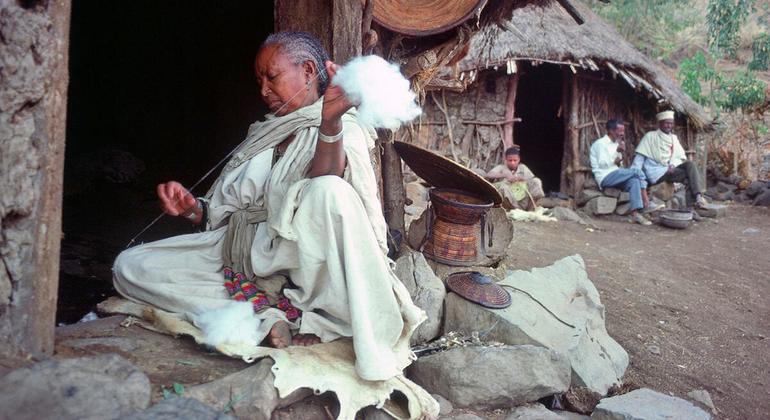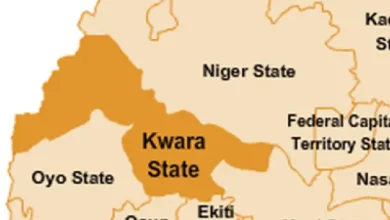World Cotton Day focuses on the role of cotton in economic development

Nearly 100 million family farmers across 80 countries are directly dependent on the cotton industry, in which women play an important role.
Cotton supports the economies of many low-income and developing countries.
Last year it contributed about $50 billion to their economic support – and $20 billion in world trade, according to the FAO.
Furthermore, it plays an important role in social and economic development, international trade, and poverty reduction, and it contributes to the 2030 Agenda for Sustainable Development and the Sustainable Development Goals (SDGs).
Importance of culture
The cultural importance of cotton with its roots at the heart of human civilization, was recognized by the General Assembly in August 2021, when it declared 7 October of each year as World Cotton Day.
It is the most important of natural fibers, used every day in clothing and home furnishings, and represents an important source of export earnings for some of the world’s poorest countries.
The challenges are many
The day emphasizes the need for a sustainable cotton sector that increases productivity, food, environment, and livelihood, leaving no one behind.
However, commodity price fluctuations, climate change, pests, diseases, COVID, and the global economic slowdown are among the issues currently facing the sector.
Furthermore, cotton faces many uncertainties on both production and demand sides that need to be addressed properly if the sector is to realize its full potential in supporting economic growth and sustainable development.
Large investments are needed to expand the sector beyond raw cotton production and create new income opportunities, especially for farmers, by adding more value to the cotton fiber and developing products from other parts of the cotton plant.
Cotton production contributes significantly to Mali’s economy despite often challenging business conditions.
The wonder of cotton
-
Cotton provides employment and income for millions of smallholders, workers and their families.
-
It represents an important source of foreign exchange earnings for low-income countries,
-
And it offers a way to address broader development concerns to empower women and boost youth employment.
Step up
UN agencies have worked towards a mission to increase production and activate local production capacities, as well as discuss the reforms needed to address high trade barriers and inequalities for cotton producers in developing countries. developing. These efforts date back to 2003 through the Cotton Initiative.
And FAO has offered developing countries technical and policy support for boosting production and creating more opportunities in the cotton value chain.
Boubaker Ben Belhassen, Director of the FAO Products and Trade Department reminds that the goal of the international celebration is to “draw attention to the hundreds of millions of people around the world who earn their living through the cotton value chain,” and emphasizes the contribution the complex. to development.
Grow strong
-
Innovative technologies and resources are essential to ensure that the sector remains viable and sustainable.
-
Investments are needed to expand the sector and create new income opportunities by developing products from other parts of the cotton plant.
-
An open, fair, predictable, and sustainable international cotton trading system is key to supporting hundreds of millions of vulnerable people.
-
Domestic support measures are necessary to prevent trade and other market distortions to prevent trade freedom opportunities.







